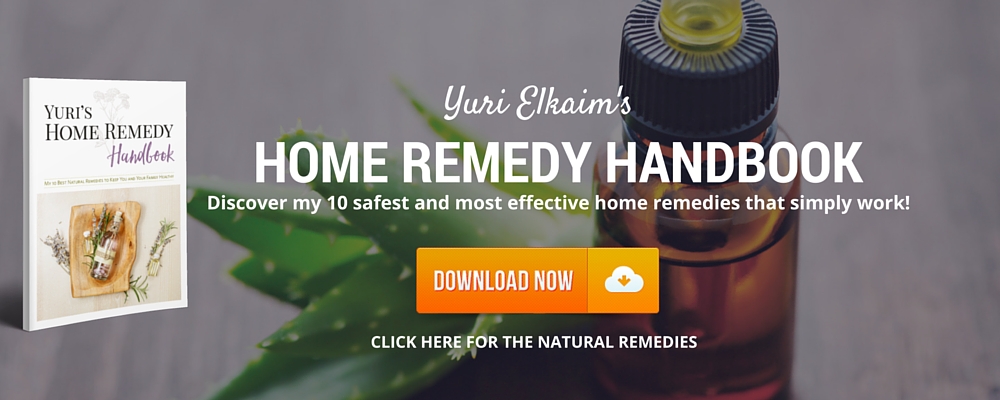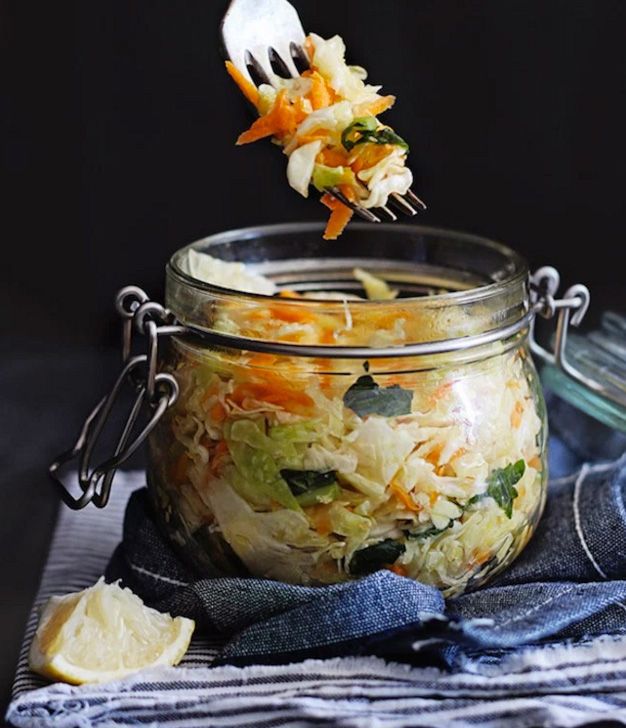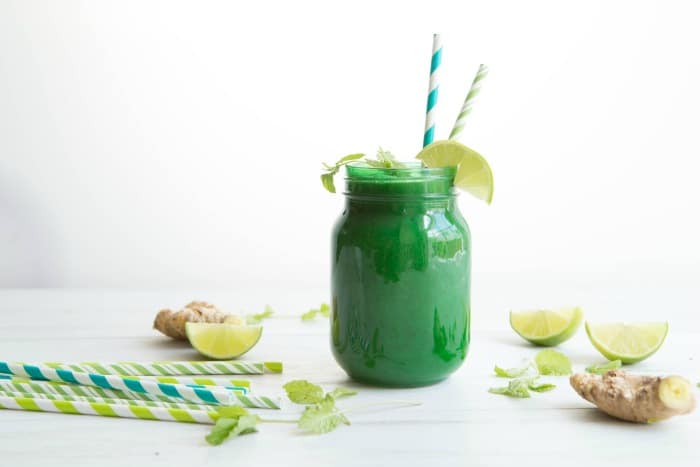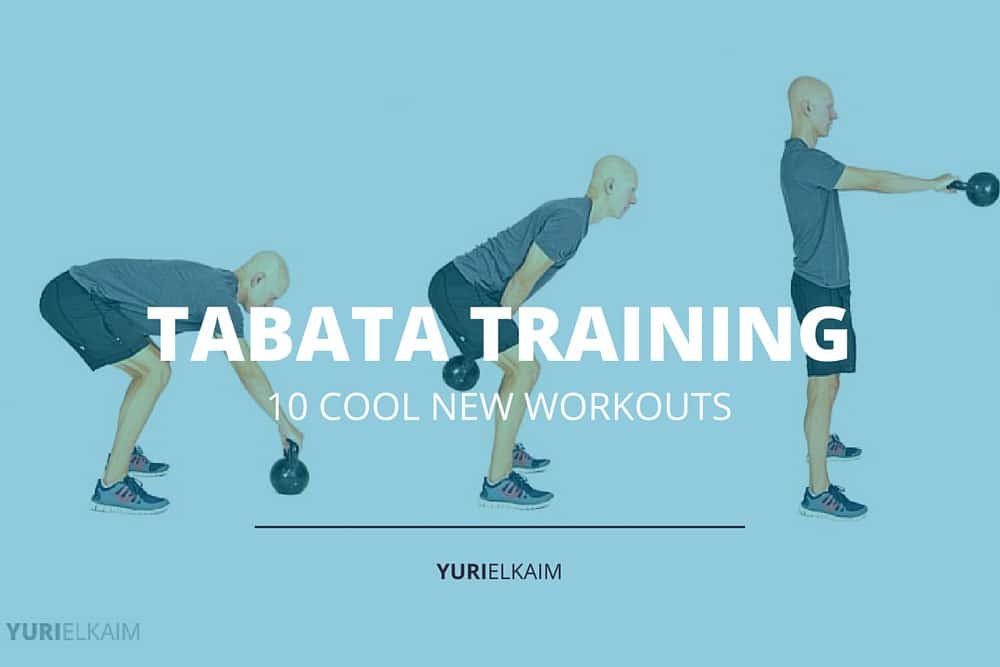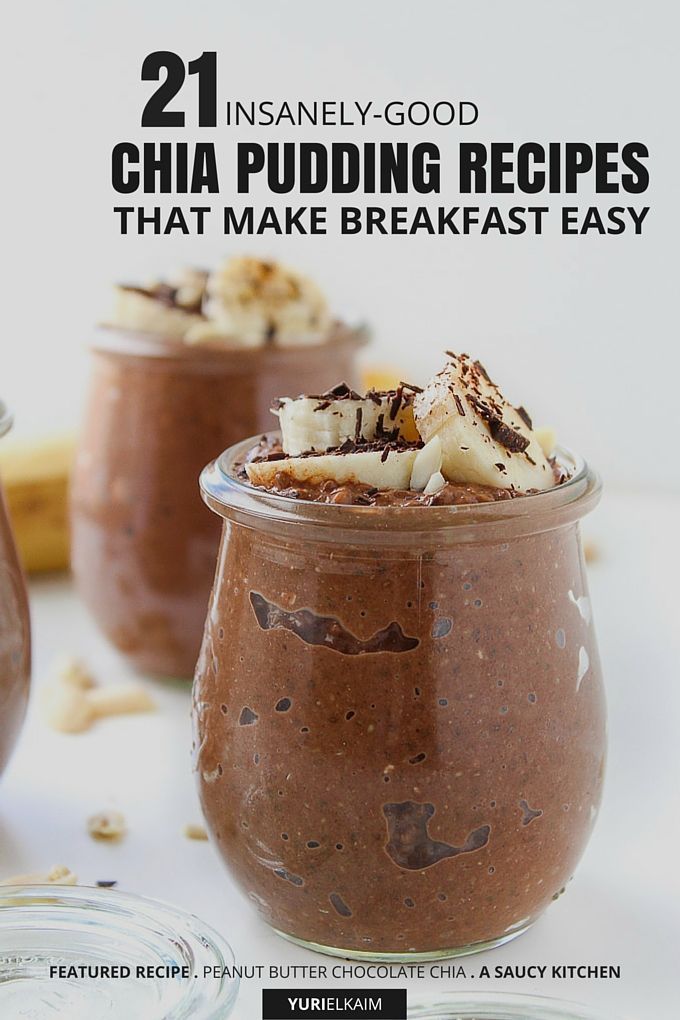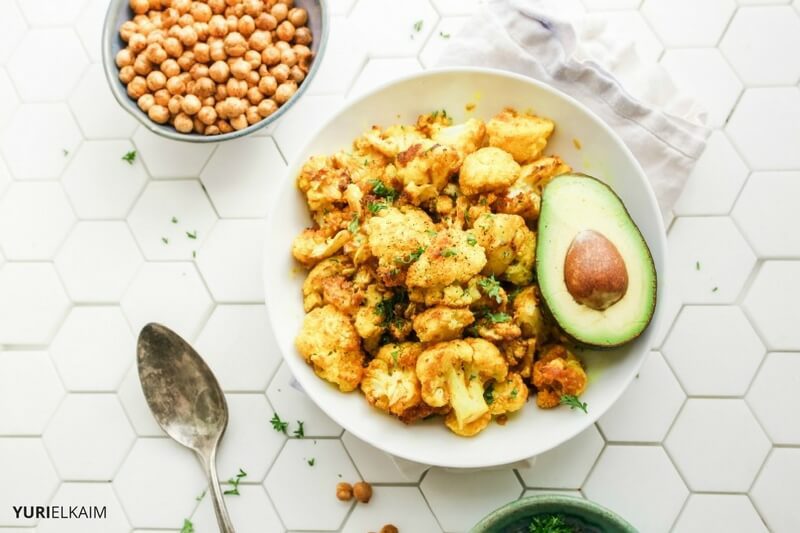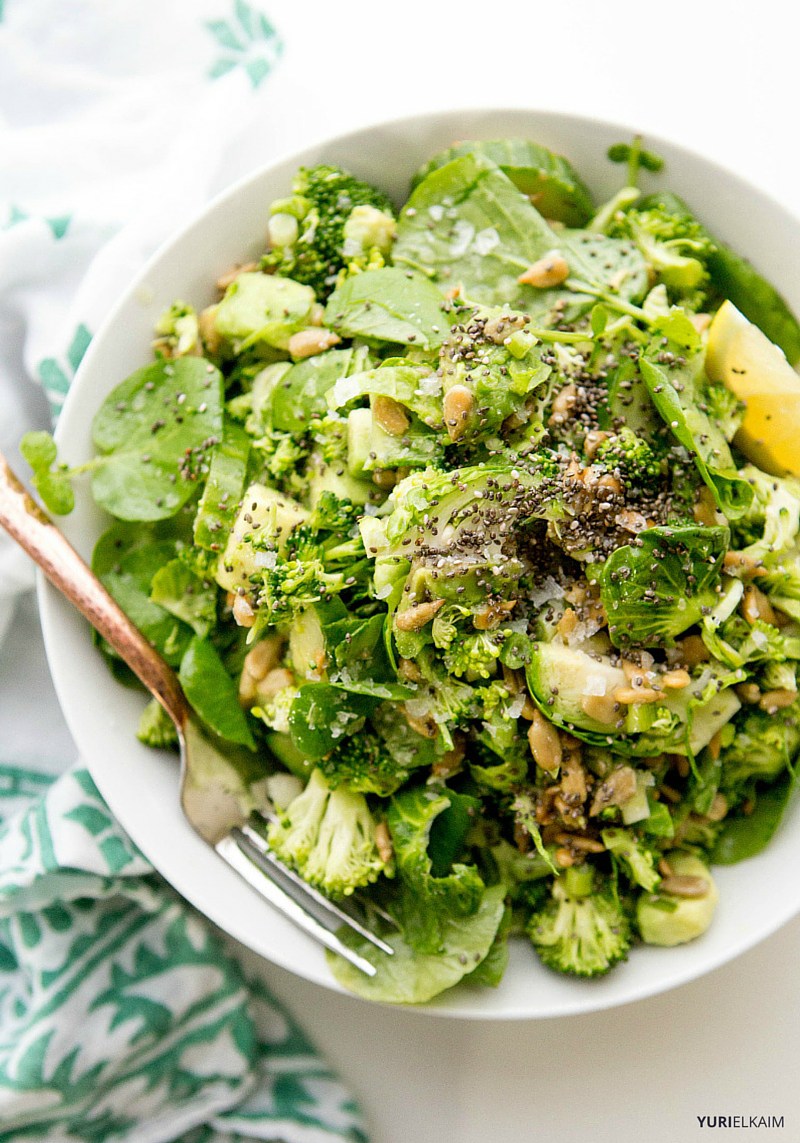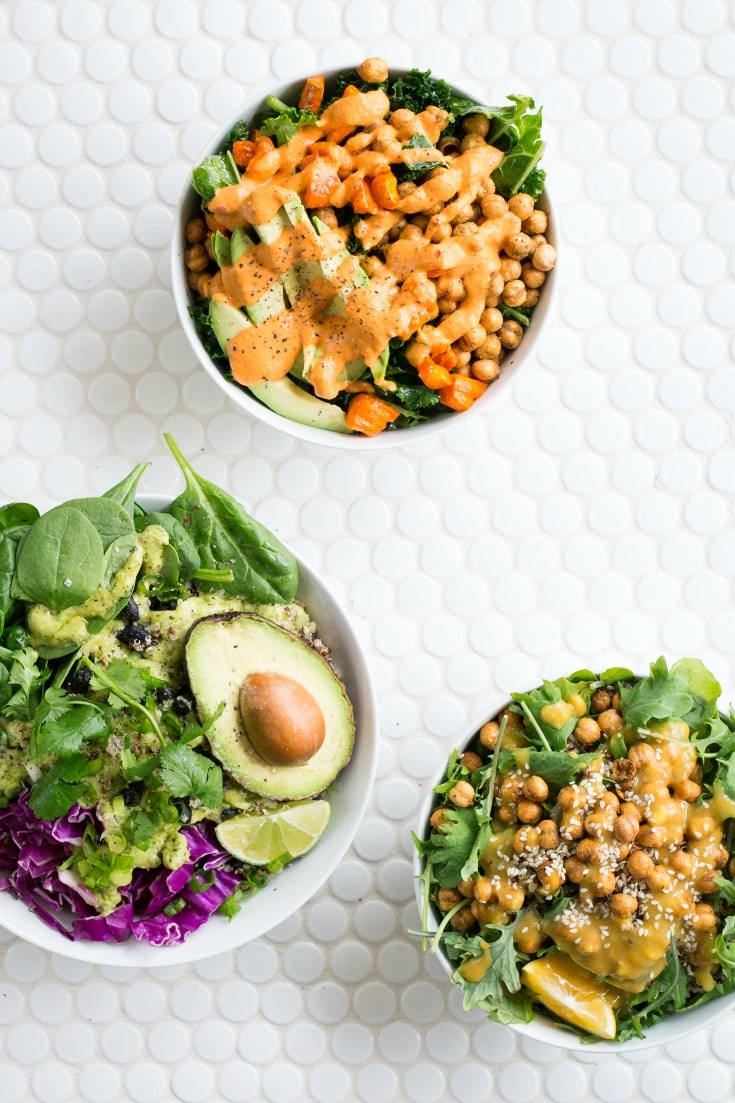Stiff joints, chronic pain, digestive issues: Those are just a few of the long list of symptoms that can be caused by inflammation.
Although most of us associate chronic inflammation with arthritis or joint problems, it’s actually linked to an extensive assortment of health problems.
Here’s the thing to keep in mind about inflammation: it’s actually a normal, healthy response by your body to help heal itself.
When something hurts or irritates part of your body, your immune system creates inflammation to heal it. And often, this can be triggered by an infection, which is caused by a virus, fungus, or bacterium.
But sometimes the wires get crossed, and that’s where the real problem with inflammation begins.
Inflammatory disorders often occur when your immune system mistakenly triggers inflammation when there’s no infection to fight or injury to heal.
Sometimes that inflammation gets out of control, and even damages normal, healthy tissue.
There are a whole host of inflammatory disorders, including:
- Crohn’s Disease
- Inflammatory Bowel Disease
- Arthritis (osteoarthritis, rheumatoid arthritis, and psoriatic arthritis)
- Asthma
- Ulcerative Colitis
- Dermatitis
- Alzheimer’s
- Nephritis
- Systemic Lupus Erythematous
- Parkinson’s Disease
Inflammation is even the culprit behind some of the most notorious chronic diseases, including heart disease and cancer.
As you might imagine, reducing unnecessary inflammation is crucial to staying healthy and disease-free.
The good news is that the most effective ways to relieve inflammation are linked to a healthy lifestyle and a diet filled with anti-inflammatory foods.
In fact, just a few simple modifications to your daily routine can ease inflammation, leaving you feeling better and healthier.
Best Natural Inflammation Reducers
1. Probiotics
Good health starts in your gut, so it’s not much of a surprise that keeping a healthy digestive tract is key to reducing inflammation in the rest of your body.
Probiotics are a form of good bacteria that live in your gastrointestinal tract. These organisms promote good digestion, help you better absorb nutrients, and can even protect against some forms of disease.
Current research shows a promising relationship between probiotics and inflammation. One review shows that certain strains, such as Lactobacillus sp. and Bifidobacterium sp., can be especially beneficial for their therapeutic effects on immune-related disorders and inflammatory conditions (1).
Probiotics are found throughout our food supply in fermented foods like kefir, kimchi, and kombucha. Or, you can opt take probiotic supplements to get a concentrated dose quickly and easily.
Recommended Reading:
- The Pros and Cons of Probiotics You Need to Know
- 17 Recipes Full of Probiotic-Rich Foods You Need to Start Making
2. Ginger
It’s no secret that ginger is good for you. There’s a reason this potent herb has been used medicinally throughout history for everything from stomachaches to menstrual cramps.
But did you know that adding ginger to your diet is one of the best things you can do to fight inflammation?
Ginger shares some of the same pharmacological properties as non-steroidal anti-inflammatory drugs (like aspirin or ibuprofen). It works by inhibiting the production of inflammation-promoting components like prostaglandins (2).
There’s also evidence that ginger controls many of the biochemical pathways that activate chronic inflammation.
You can add ginger to smoothies or soups. Just peel, grate, and blend to take advantage of the incredible anti-inflammatory properties.
Recommended Reading
3. High-Intensity Interval Training
Also known as HIIT, this form of exercise combines high- and low-intensity intervals of training to make the most of your workout.
While this type of training is especially useful for burning lots of calories (and fat), it’s also great for easing inflammation.
That’s because of its powerful effects on lowering your cortisol levels.
Cortisol is a stress hormone that your body releases during times of stress and also when your blood sugar is running low.
Initially, this can be a really good thing. It actually counteracts inflammation and inhibits the immune system, which can be important during the stress response.
But when cortisol levels remain elevated, this can lead to adrenal fatigue, belly fat, a weakened immune system, and, in turn, even more inflammation.
HIIT can help halt the harmful effects of high cortisol and keep inflammation levels low by improving insulin resistance.
This boosts your body’s ability to use insulin to transport glucose into cells, which keeps blood sugar levels regular.
In fact, studies show HIIT lowered fasting glucose and improved metabolic health for individuals with diabetes (3).
HIIT can also stimulate the production of anti-inflammatory myokines to keep inflammation low (4).
Recommended Reading
- How to Do Interval Training (The Right Way)
- 10 Cool New Ways to Use Tabata Training for Faster Fat Loss
4. Omega-3 Fatty Acids
This essential fatty acid tops the charts as a superstar inflammation reducer.
There have been a slew of studies pointing to the beneficial effects of omega-3s on everything from arthritis to Crohn’s disease. It’s able to reduce inflammation, relieve symptoms, and decrease levels of the pro-inflammatory cytokines that contribute to disease (5).
The best sources of omega-3s are fatty fish, such as mackerel, sardines, herring, and salmon. Chia seeds, flaxseed, and seaweed also contain this essential fatty acid, though it’s not as readily converted as other non-vegan sources.
Supplementation with fish oil is also an option to ensure that you’re meeting your needs.
Recommended Reading:
- 18 Ways to BBQ Salmon That’ll Make You Look Like a Pro
- 21 Awesome Chia Pudding Recipes That Make Breakfast Easy
- 17 Recipes That Will Make You Want to Eat More Flaxseed
5. Turmeric
Thanks to its curcumin content, turmeric is a powerful anti-inflammatory agent and all-around awesome addition to your spice cabinet.
Studies have shown that curcumin is capable of healing inflammation and decreasing the production of reactive oxygen species that contribute to it. As a bonus, it can also prevent cellular dysfunction, act as an antioxidant, and kill off cancer cells (6).
Recommended Reading:
- How to Roast Cauliflower in the Oven (BONUS Turmeric Recipe)
- Pumpkin Pie-Spiced Turmeric Milk
- Turmeric Vitality Drink
- 23 Awesome Turmeric Recipes That Will Spice Up Your Health
6. Meditation
Good news: if you can find a spare 20 minutes during your day, you can help significantly cut down on inflammation – no fancy equipment, extensive effort, or major lifestyle changes required.
Cutting down on stress through the power of meditation can actually help reduce inflammation and improve overall health.
One way it works is by increasing functional connectivity in the brain, allowing different regions of the brain to work together more effectively. This can help lower levels of inflammatory markers, which can decrease inflammation and risk of disease (7).
Chronic stress can also alter the genetic activity of immune cells, leading to an increase in inflammation even when there’s no infection present (8).
Making time for meditation is a great way to slash stress and, in turn, inflammation. Set aside a few minutes each day for some quiet meditation and put the awesome benefits into action. Here’s a great how-to resource for beginners.
7. Leafy Greens
Leafy green vegetables pack a powerful nutritional punch. Rich in vitamins, minerals, and fiber, they help promote good gut bacteria to lower the risk of inflammation.
They also support strong immune health by activating innate lymphoid cells, which have an important role in mediating inflammation and protecting the body from infection.
Kale, Swiss chard, spinach, romaine, and arugula are just a few of the endless options of leafy green vegetables that can help keep your levels of inflammation under control.
Recommended Reading:
- Apple Cider Vinegar & Greens Detox Salad
- Green Smoothie Bowl with Blueberries and Acai
- 10 Mason Jar Meals That Make Healthy Eating Easy
8. Garlic
It’s undeniable that garlic is one of the best superfoods you can eat. It protects your heart, it wards off certain types of cancer, and it’s even anti-inflammatory.
The health benefits of garlic boil can be attributed to its main organosulfur compound. S-allyl cysteine has been shown to relieve neuroinflammation, plus reduce oxidative stress (9).
One recent study even found that supplementing with allicin, a component found in garlic, was able to support a healthy liver while decreasing levels of pro-inflammatory cytokines (10).
Recommended Reading:
9. Inflammatory-Free Diet
Besides adding several inflammation-fighting foods and habits into your daily routine, there are plenty of inflammatory foods to avoid as well.
These foods spur inflammation and are often associated with weight gain, chronic disease, and low energy, so it’s best to cut them out of your inflammatory-free diet for good.
One of the biggest culprits is sugar. Besides basically destroying your health by contributing to heart disease, weight gain, and insulin resistance, it also leads to the formation of dangerous free radicals that promote inflammation. Instead of sugary sweets and beverages, opt for real fruits and veggies to support better health.
Dairy and gluten are two other pro-inflammatory foods, both of which trigger an immune response after consumption.
Gluten has even been associated with inflammation in the brain, leading to the development of degenerative disorders like dementia and Alzheimer’s. Instead, switch to dairy-free alternatives and gluten-free grains to minimize inflammation.
Finally, corn is another inflammatory food that should be avoided whenever possible. Not only does it promote inflammation, but it’s also typically genetically modified and a common ingredient in processed foods.
For a truly inflammatory-free diet, it’s best to limit these foods, plus add some additional anti-inflammatory ingredients to your plate. Besides the ones listed above, I’ve rounded up 19 of the absolute best anti-inflammatory foods to get you started.
Bye-Bye Inflammation, Hello Health
Though there are plenty of dangerous diseases and conditions that can occur as a result of sustained inflammation, the good news is that there are also tons of natural inflammation reducers available to help you fight back.
Just a few simple lifestyle modifications and you’ll be on your way to less inflammation and better health in no time.
Help Your Body Heal Naturally
There’s good news! You can help promote your body’s natural first line of defense with simple home remedies.
My free Healthy Home Remedies handbook includes 10 tried-and-true natural remedies for skin, eye, and ear problems, colds and flu, and more.
Chances are you have ingredients for some of the best treatments right now, in your pantry.
You can download the guide right now – for FREE! – by clicking the image below.
